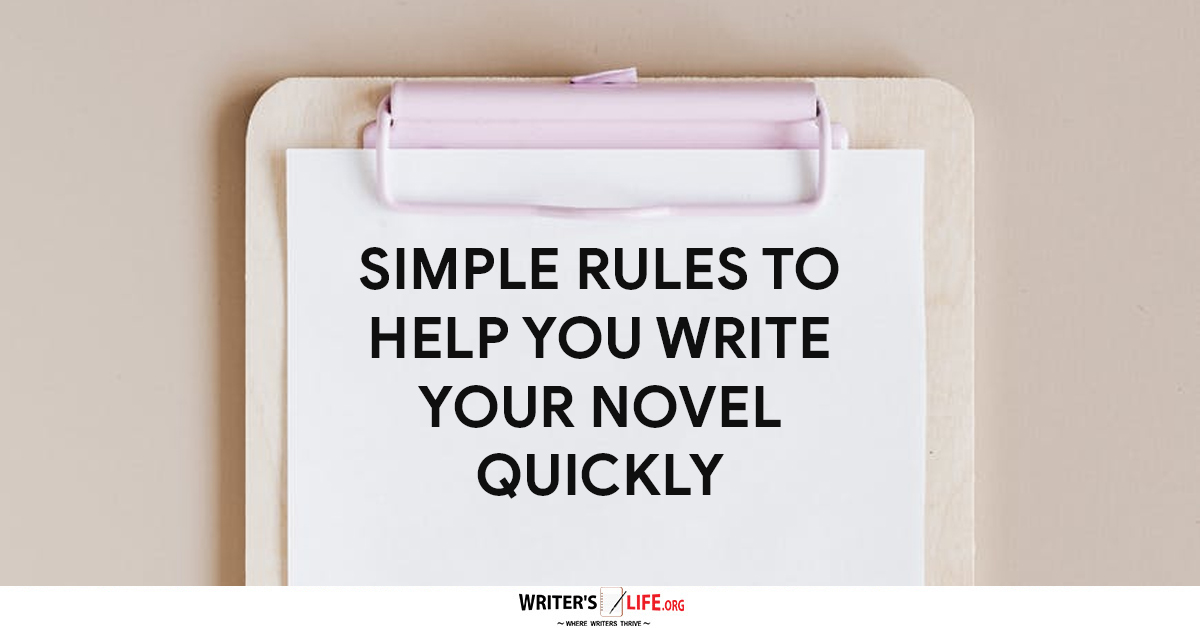- How To Tackle Jealousy In Creative Writing
- Common Submission Mistakes
- How To Stop Your Blog Becoming Boring
- The One Thing Every Successful Writer Has In Common
- How To Make Yourself Aware Of Publishing Scams
- Why Almost ALL Writers Make These Grammar Mistakes At Some Point
- 5 Tips For Authors On How To Deal With Rejection
- Top Mistakes to Avoid When Writing a Novel
- How to Avoid Common New Writer Mistakes
- 10 Mistakes New Fiction Writers Make
How To Recognize When You’re Procrastinating

One of the common frustrations for many writers is the fact that we tend to procrastinate. In fact, there are some days where we’ll do just about anything to get out of writing.
Procrastination is a funny thing; it’s not because we’re lazy, or even because we don’t want to write, yet sometimes losing focus and putting off writing tasks is inevitable. When deadlines are involved this can be dangerous and if you let your procrastinating tendencies take over you can end up feeling demotivated, annoyed, and will do yourself a disservice if you end up having to produce sub-quality work in a mad rush because you left it until the very last minute.
So how do you know when you are procrastinating? Here are some of the telltale signs:
You put off a task because it seems difficult or overwhelming.
You keep reprioritizing your workload or rewriting that to-do list.
You fill the day with tasks that aren’t important but keep you ‘too busy to write.’
You wait to be in the “right mood” to write.
If the above sounds like you, the next, and perhaps most important step is to figure out why you are procrastinating in the first place. Getting to the root cause of the problem will help you get over it much faster rather than remaining in denial!
When you procrastinate in other areas of your life, it might be because you find the task boring or unpleasant, but this is rarely the reason writers do so. The main culprit is feeling overwhelmed, or stuck. You might have come to a particularly tricky part in your story and aren’t sure which direction to take it in. You might not have started at all and found the task of doing so so daunting that you keep putting it off, and off, and off. You might be nearing the end of your story and are worried about what to do with it once you have finished, so you take way too much time to get it done.
There is a myriad of reasons why you might procrastinate - figure out the problem so you can tackle it head-on. Being worried about a task or concerned about failing is entirely reasonable, but you must find a way to get over this; otherwise, you’ll never know.
Decision-making can play an essential part in catalyzing procrastination so whether you are deciding what your character should do next or what to do with your book once you’ve finished it, don’t delay, be decisive and firm and believe in yourself.
Try to focus on how good you will feel once you start writing, or finish that chapter, or get to the end of your novel. Don’t put too much pressure on yourself to write perfectly every time and just take your writing chapter by chapter rather than getting overwhelmed by the somewhat mammoth task of having to complete an entire novel.
Every writer has periods where they procrastinate; it’s completely normal. However, if you get to the point where procrastination has a severe effect on your writing productivity, perhaps it’s time to examine the issues more closely, tackle them head-on, and get back to your best writing self in no time at all.

Bethany Cadman - bethanycadman.co.uk

























